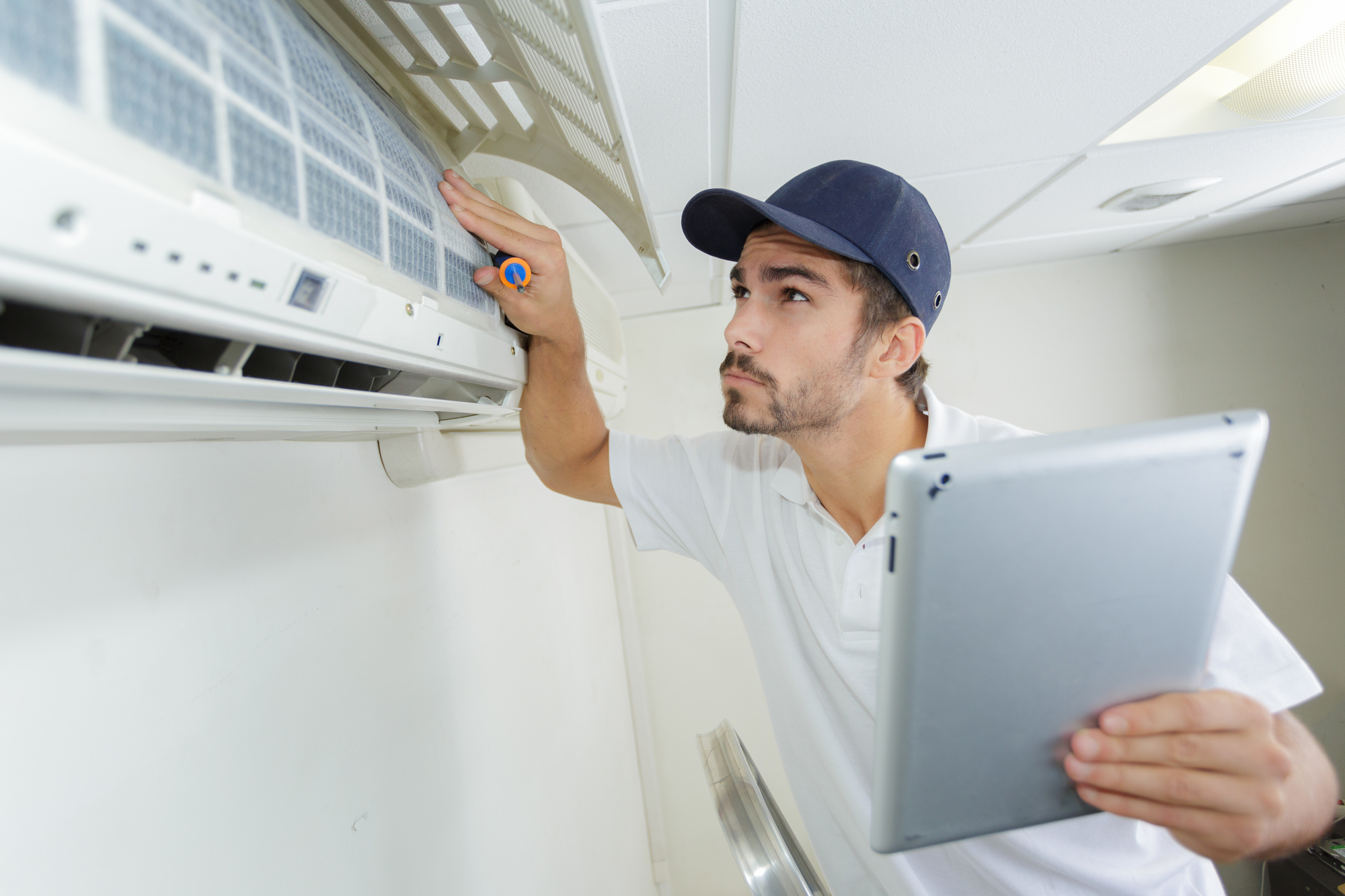The global HVAC market had a value of roughly $158.8 billion in 2022, and it is anticipated to increase at a CAGR of 6.2% from 2023 to 2028, reaching a value of approximately $227.82 billion.
An HVAC system provides some of the most basic functions for homeowners. With it, your beloved home can withstand all kinds of weather. No matter the temperature, you’ll always have a safe place to retreat.
In return, your system needs the same from you. If you neglect or ignore your HVAC problems, you put yourself at risk. At the very least, you can expect an increase in your utility bills and higher energy usage.
But what happens when you realize you’ve left it too late? What happens when you find yourself facing a broken HVAC system?
That’s what this article is here to discuss. Keep reading to discover the seven common HVAC problems.
1. Clogged Air Filters
Clogged air filters are one of the most common HVAC problems homeowners must know about. If air filters become clogged, it prevents fresh air from entering the HVAC system. This can cause it not to function, resulting in higher electricity bills or even breakdowns.
Additionally, not changing the air filter can cause dirt and contaminants leading to indoor air pollution. To prevent air filters from becoming clogged, it is recommended that homeowners change the air filter at least once a month. Filters can also be cleaned as long as they do it for reusable use.
2. Refrigerant Leaks
Refrigerant leaks affect the efficiency and performance of HVAC systems and pose potential health risks and environmental concerns. One of its primary causes is improper installation. If the system was not installed or the refrigerant lines were not sealed, leaks can develop over time.
Similarly, mechanical damage to the refrigerant lines, such as corrosion or physical impact, can lead to leaks. Another possible cause is wear and tear over the system’s lifespan, as seals and connections may deteriorate over time.
3. Noisy HVAC Unit
Noisy HVAC units can mean an issue with the fan motor, fan blades, or other mechanical or electrical components. If it isn’t working at peak efficiency, you may be using more energy than necessary. Constant loud noises coming from your HVAC could also be a sign of air leakage from the ductwork.
Sometimes, HVAC systems that are too old, worn out, or improperly maintained can cause excessive noise. Homeowners should also avoid placing furniture, rugs, or other items too close to the unit that might interfere with the airflow.
If needed, contact a professional HVAC technician to ensure the job is handled safely and correctly. Additionally, watch for blocked filters and signs of condensation on the air handler.
4. Dirty Evaporator and Condenser Coils
Evaporator coils absorb heat from the air inside your home, while condenser coils release that heat into the outside air. These coils are critical to the system’s performance, as they enable heat transfer.
As a result, the cooling efficiency decreases, leading to longer cooling cycles and higher energy consumption. When these coils become dirty, their performance will suffer, leading to higher energy bills and uncomfortable indoor temperatures.
Homeowners can check these coils for any accumulated dirt and debris every few months. Taking the time to make sure these coils are clean can help avoid costly repairs and ensure that the HVAC system is running at peak efficiency.
5. Lack of Regular Maintenance
Failing to inspect and service your system can cause problems from poor air quality to energy inefficiency. Dust, debris, and grime can build up in the design and reduce airflow, requiring more energy for heating and cooling the home.
Dirty filters can also reduce indoor air quality and may cause respiratory ailments. Regular maintenance keeps the air flowing freely and decreases the chances of costly breakdowns.
It also helps prolong the life of the HVAC system and can save money in the long run by keeping energy bills low. You can visit dryer vent cleaning services if you want to maintain the best condition of your HVAC unit.
6. Uneven Air Distribution
Uneven air distribution occurs when heated or cooled air is not distributed throughout the home. The tell-tale signs of this issue usually appear in hot and cold spots throughout the house. It can be caused by various factors, including duct leaks, improper furnace size or filters, blocked vents, or dirty condenser coils.
To ensure proper airflow, homeowners should check and clean air filters and vents, inspect ducts for leakage, and ensure the outside of the HVAC unit. If uneven air distribution is left unresolved, it can cause a higher energy bill and poor air quality in certain areas of the home.
7. Inadequate Insulation
Poor insulation makes it difficult for air to flow in the home and causes a drop in indoor temperatures. It can also result in higher energy bills as the HVAC system struggles to maintain a comfortable temperature. Furthermore, it can lead to wasted energy, drafts, and uncomfortable temperature swings.
To identify the problem, homeowners should check windows, doors, and exterior walls for any cracks or gaps. The attic should also be inspected for insulation levels.
Adding new insulation to these areas can help maintain comfortable temperature levels. Homeowners should consider installing draft-proof weather sealing, as this can improve the efficiency of an HVAC system.
Get Ready to Overcome HVAC Problems
In conclusion, common HVAC issues can cause uncomfortable and costly problems for homeowners. Fortunately, routine maintenance and regular inspections can catch most issues before they become too expensive or difficult to fix.
If you think your home is experiencing HVAC problems, contact an experienced technician to inspect your system. They can help identify existing and potential issues so you can ensure your family is comfortable and safe.
Don’t wait until it’s too late. Act now to prevent repairs.
Do you want to find more helpful info? Check out more of our guides on our blog today!


Leave feedback about this